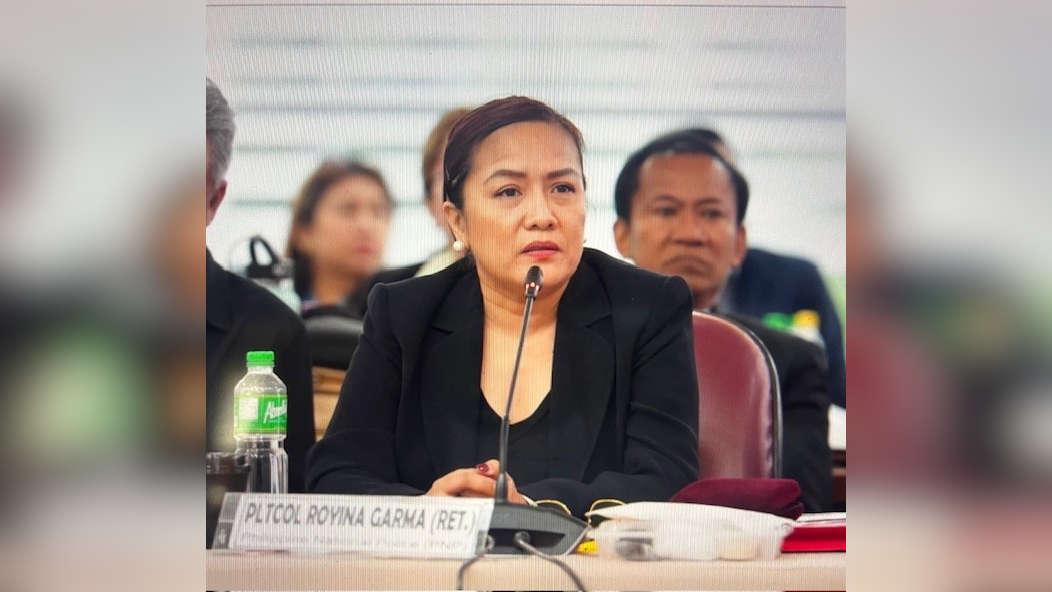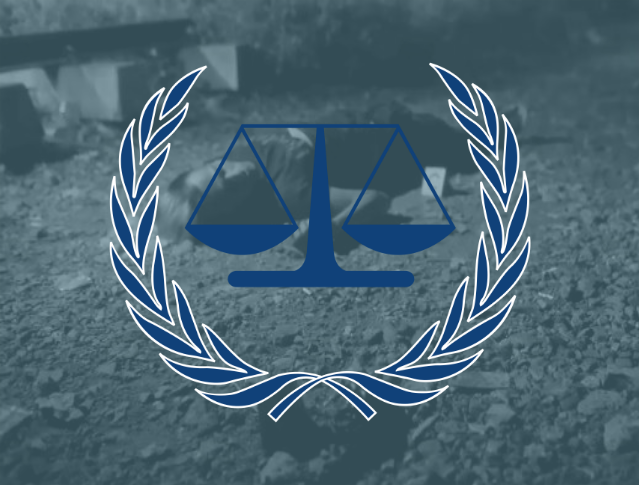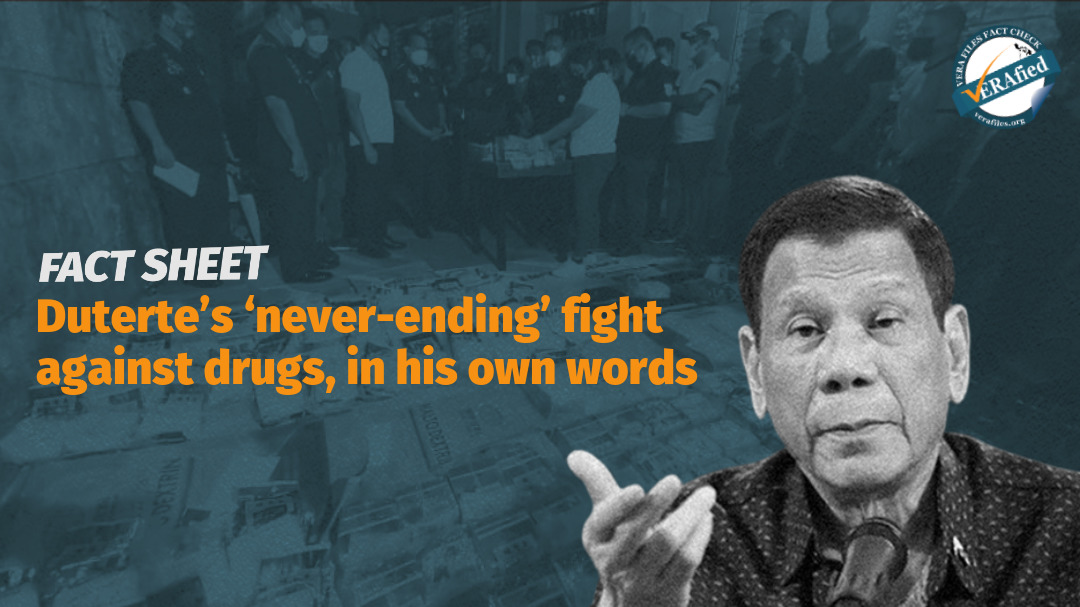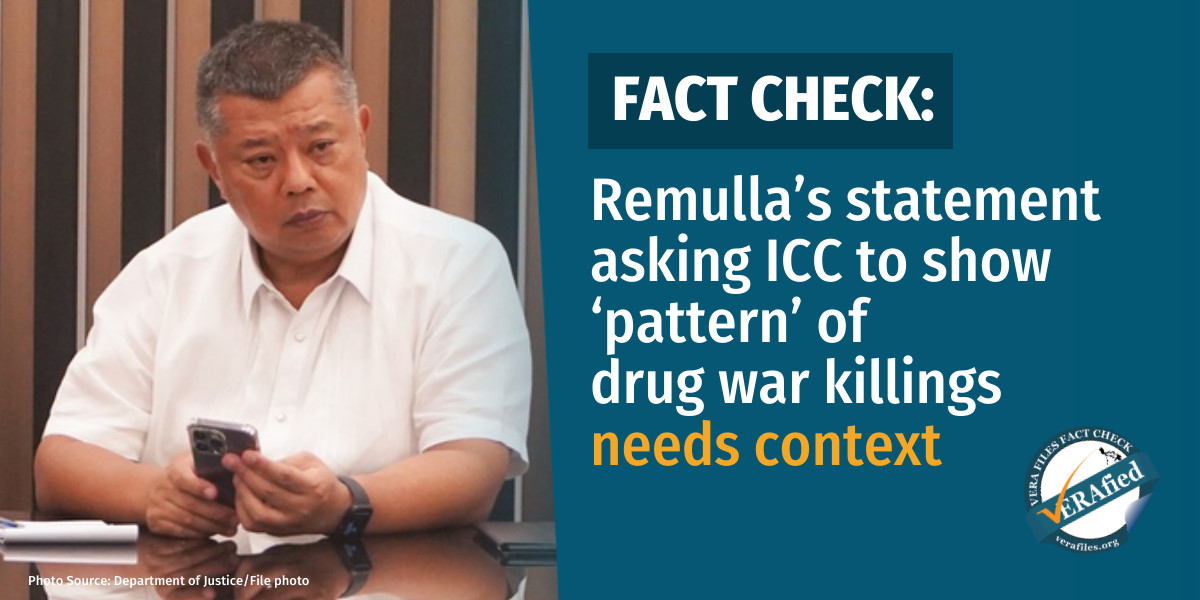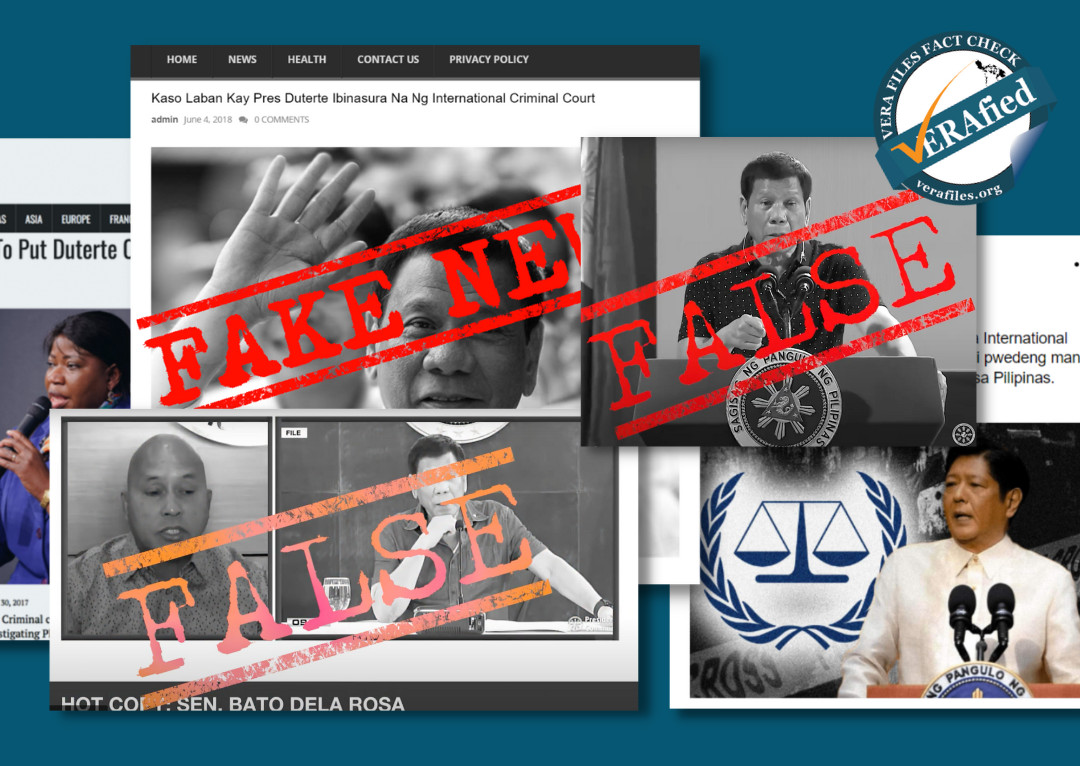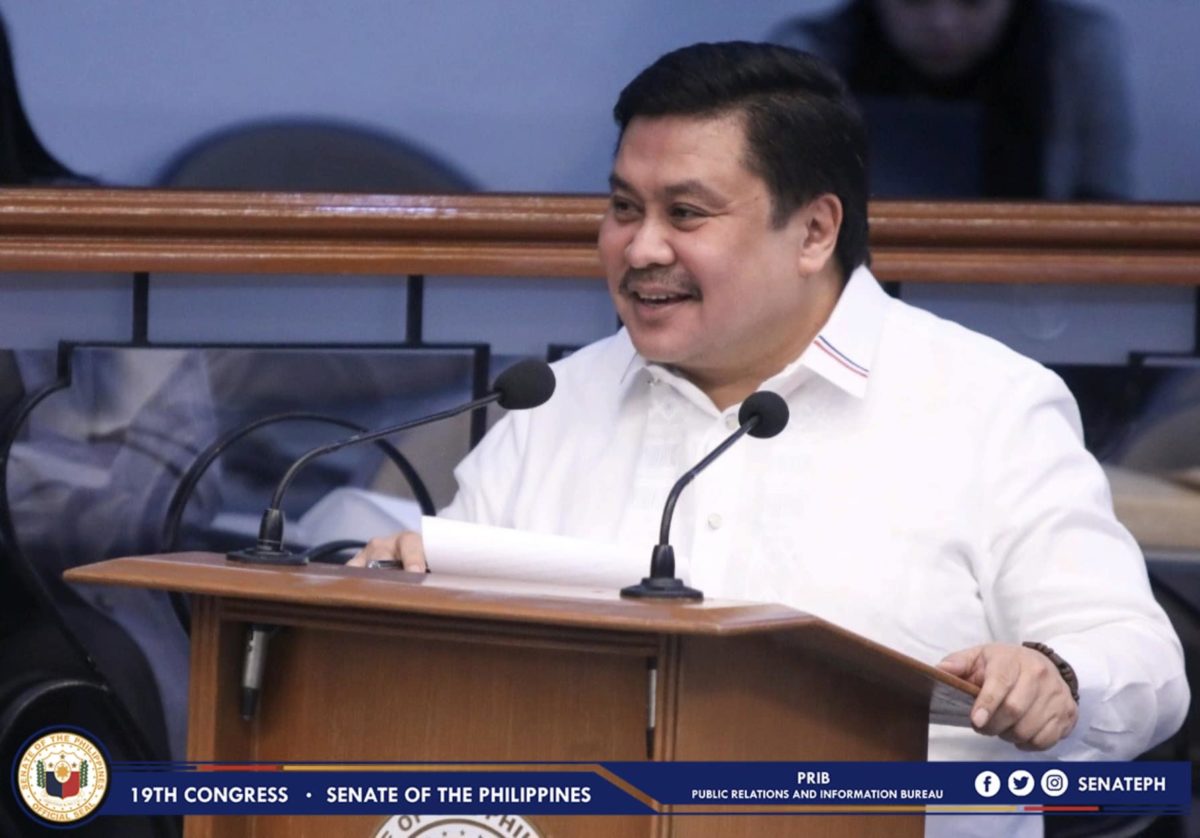Retired Lt. Col. Royina Garma kept silent for 32 seconds when first asked if she was one of the implementers of the bloody drug war in Davao City when Rodrigo Duterte was mayor there and she was a police station commander.
When Kabataan party-list Rep. Raoul Manuel repeated his question, upon the request of the House quad committee chair Robert Ace Barbers for clarification, the beleaguered Garma responded, “Yes, Mr. Chair.”
In the past hearings of the quad committee — composed of the committees on dangerous drugs, public order and safety, human rights and public accounts — Garma denied her role in the drug war despite repeated questions from lawmakers.
But the quad committee’s eighth public hearing on the interlocking issues of illegal online gaming operators, illegal drugs trade, extrajudicial killings and the Chinese syndicates had an interesting twist when Garma submitted a four-page affidavit divulging her personal involvement in and knowledge of former president Duterte’s campaign against illegal drugs.
Garma, who has been in detention for contempt for a month now at the House of Representatives, revealed that days before Duterte took his oath as president on June 30, 2016, she got a call at 5 a.m. asking her to report to his residence. Duterte asked her to look for someone, a member of the Iglesia ni Cristo, who would head a special police task force that would replicate on a national scale the so-called “Davao model” of the drug war.
Lawmakers said they were surprised about Garma’s affidavit and later on took advantage of her being “cooperative” by pressing her until past midnight with more questions on the drug war.
In tears, Garma read her affidavit, which mentioned Duterte’s plan, including the organizational structure, how the task force would operate, as well as the rewards system for the arrest and death of drug personalities. Police operations resulting in the arrest of suspects would mean reimbursement of expenses, while those ending with deaths come with a reward of P20,000 for street drug users to as high as millions of pesos for the “high-value targets,” meaning drug lords.
Garma had to read her affidavit twice because she was too emotional the first time. Senior Deputy Speaker Aurelio Gonzales suggested that the former general manager of the Philippine Charity sweepstakes Office (PCSO) regain her composure to disabuse the mind of people from thinking that she was coerced to make the affidavit.
At one point, Antipolo Rep. Romeo Acop, a retired police general, remarked that Duterte’s drug war campaign has turned police operations into a “service for profit” and no longer a service for the country and people.
“You were doing your job not because you love your job or you love this country. You were doing your job because of the reward,” he said, as he disclosed that in the chat groups of senior police officers, they have agreed to not admit about the reward system for drug-related killings.
During the hearing, Garma did not only lose her composure. She also looked haggard but her tone of voice was not as arrogant as during her previous appearances.
“It took me one week to make some reflections… I realized the truth will always set us free and, at least, I will be able to contribute; if we really want to make this country a better place to live and for our children, I think I have to do something para maibalik po ‘yung trust sa PNP, magkaroon ng reforms sa PNP and ‘yung tiwala po ng mga tao, whether victims or criminals, sa gobyerno,” she told lawmakers who asked what prompted her sudden turnabout.
She said she had to “go back” to her core values, specifically on her belief that “the truth will always set me free,” adding that it was the same message her daughter told her before she appeared at the congressional inquiry.
However, Garma’s affidavit was silent on her role in the drug war operation’s structure. It was only upon questioning by the lawmakers that she spoke about it, albeit hesitantly.
What she emphasized was the immense power of retired colonel Edilberto Leonardo, who worked in tandem with now Sen. Christopher Lawrence “Bong” Go, in Duterte’s drug war operations.
Leonardo resigned on Oct. 4 as commissioner of the National Police Commission — the body that screens appointments to and imposes discipline in the PNP— following allegations of his involvement in extrajudicial killings associated with the drug war. He was one of five past and present PNP ranking officers who had been tagged as “suspects” in the case before the International Criminal Court.
Garma did break down when she spoke about her fears for her safety as well as that of her family, relatives, friends and classmates. When asked if the fear was borne out of her relationship with Duterte, she said: “It’s normal when you speak the truth you cannot please everyone, and it’s normal to anybody to have that mixed emotion. But still, it took me one week to make a reflection and realize I need to do my part.”
In the previous quad committee hearing, Surigao Del Sur Rep. Johnny Pimentel described Garma as a “ruthless killer” who hides behind “an innocent facade to commit brutal crimes.”
Pimentel also cited testimonies of Police Lt. Col. Santie Mendoza and retired Cpl. Nelson Mariano that, as general manager of the PCSO, Garma orchestrated the murder of retired police general Wesley Barayuga, who was then PCSO board secretary, to prevent him from exposing corruption within the state-owned corporation.
She was also accused of involvement in the 2016 killing of three Chinese drug lords at the Davao Prison and Penal Farm.
Pimentel likewise noted the statement of former Cebu City mayor Tommy Osmeña that when Garma was chief of the Cebu City police from 2018 to 2019, at least 198 drug-related killings were recorded there.
In the Oct. 11 quad committee hearing, Garma said, “I am very sorry [on] behalf of my men na nagkamali sa inyo.”
Is Garma going through a redemption process, or should we believe Sen. Go that her latest testimony before the quad committee was merely a “clear diversionary tactic to muddle the true issue” on her supposed role as “mastermind” in the killing of Barayuga?
Actually, Garma’s revelations about Duterte’s drug war, particularly the reward system, had already been reported in the media. But some details, including Go’s pivotal role in its operations, are something worth pursuing.
Between Garma and Go, who sounds credible?
After the testimonies of confessed Davao Death Squad hitmen Edgar Matobato and Arturo Lascañas, Garma now becomes the first highest-ranking member of Duterte’s inner circle to turn against the former president and his cohorts in connection with the bloody drug war.
But lawmakers are not convinced that Garma has been telling all she knows about Duterte’s drug war. The plot in the drug war drama is getting more interesting as the congressional probe moves closer to the exciting part.
If the Marcos administration will pursue cases against the high-ranking officials accountable for the thousands of drug-related killings, including the former president, then it may probably convince the ICC that the country has a functioning judicial system and it is not going after only the low-ranking operatives.
The views in this column are those of the author and do not necessarily reflect the views of VERA Files.
This column also appeared in The Manila Times.
